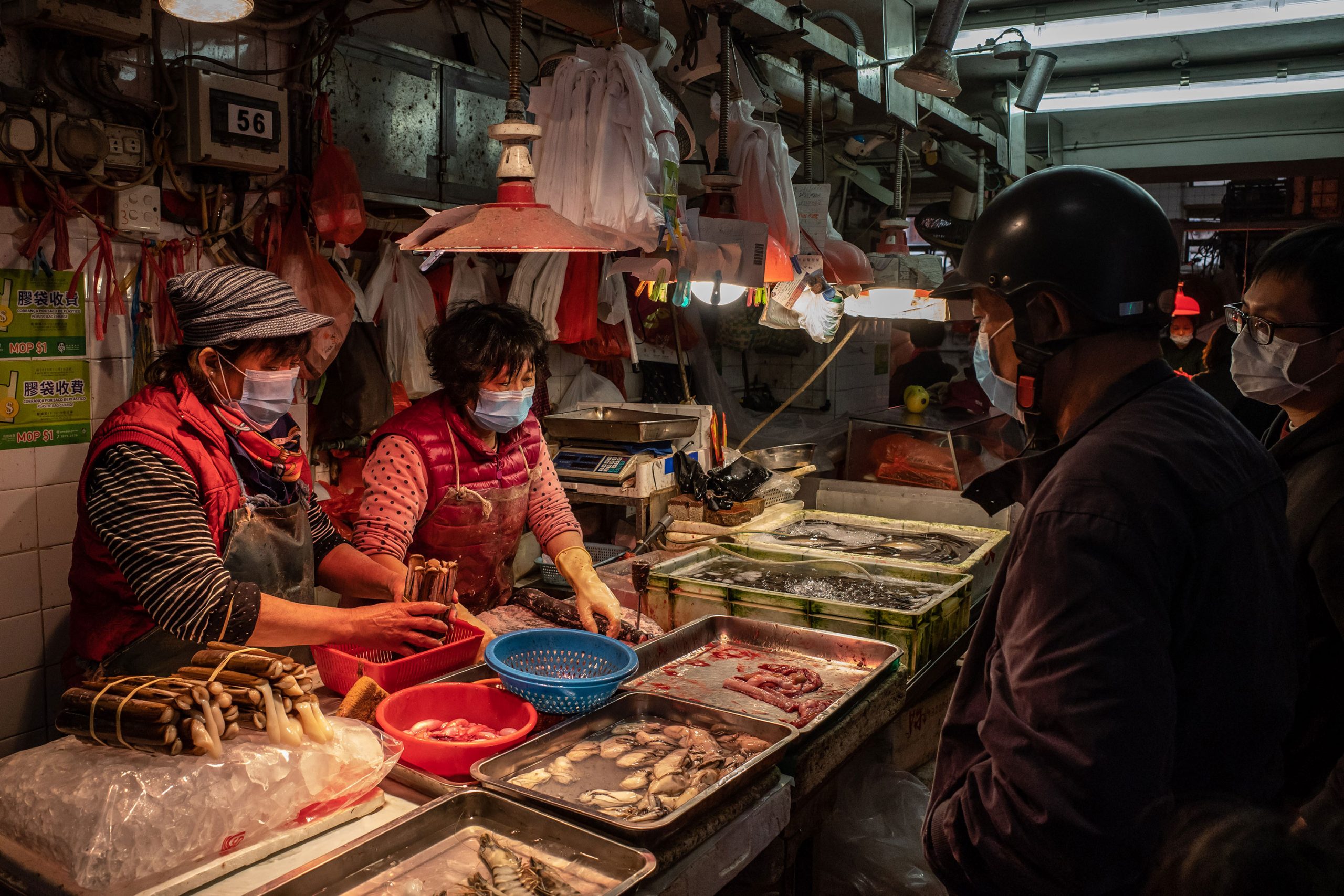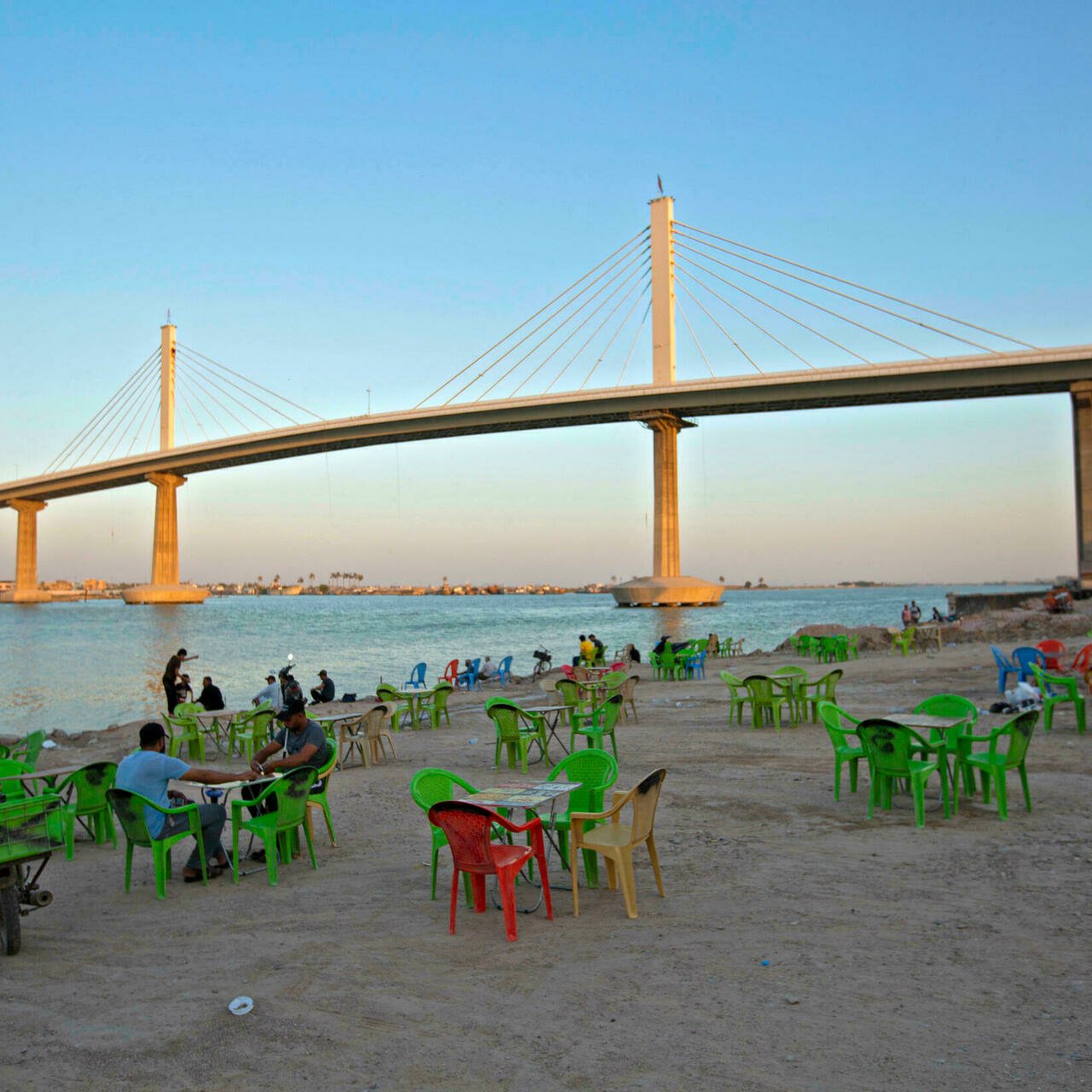China’s wet markets are not what most people think they are
If you’ve ever visited a shopping area where butchers and grocers sell fresh produce straight from the farm, then you’ve been to something that would, in some parts of the world, be called a wet market.
That might be surprising — because recently the term wet market has become almost synonymous with Covid-19 for some people in the West.
The novel coronavirus, which has infected close to 2 million people globally, is believed to have originated in a wet market in the city of Wuhan, where wild animals such as porcupines and deer were being sold and slaughtered for food and medicine.
Speaking on April 3, the US’ top infectious disease specialist, Anthony Fauci, told Fox News that all wet markets should be “shut down right away,” saying he couldn’t understand why they were still open.
But wet markets, as opposed to dry markets, which sell non-perishable goods such as grain or household products, are simply places that offer a wide range of fresh produce. Some, but not all, also sell live animals. They are referred to as “wet” owing to the fact that floors are often hosed down after vendors wash vegetables or clean fish.



